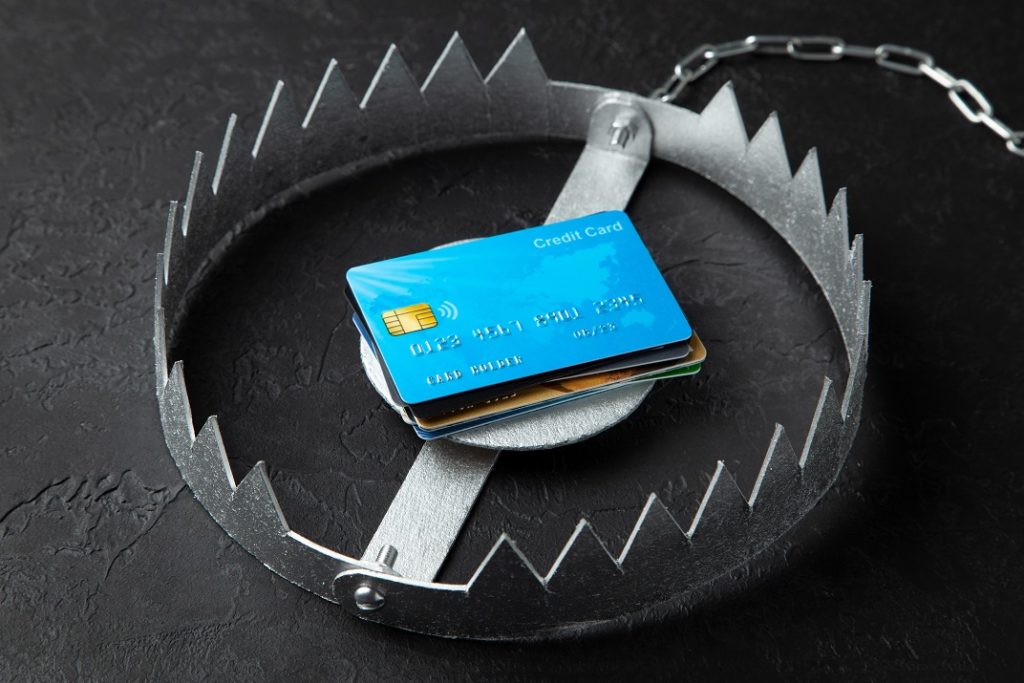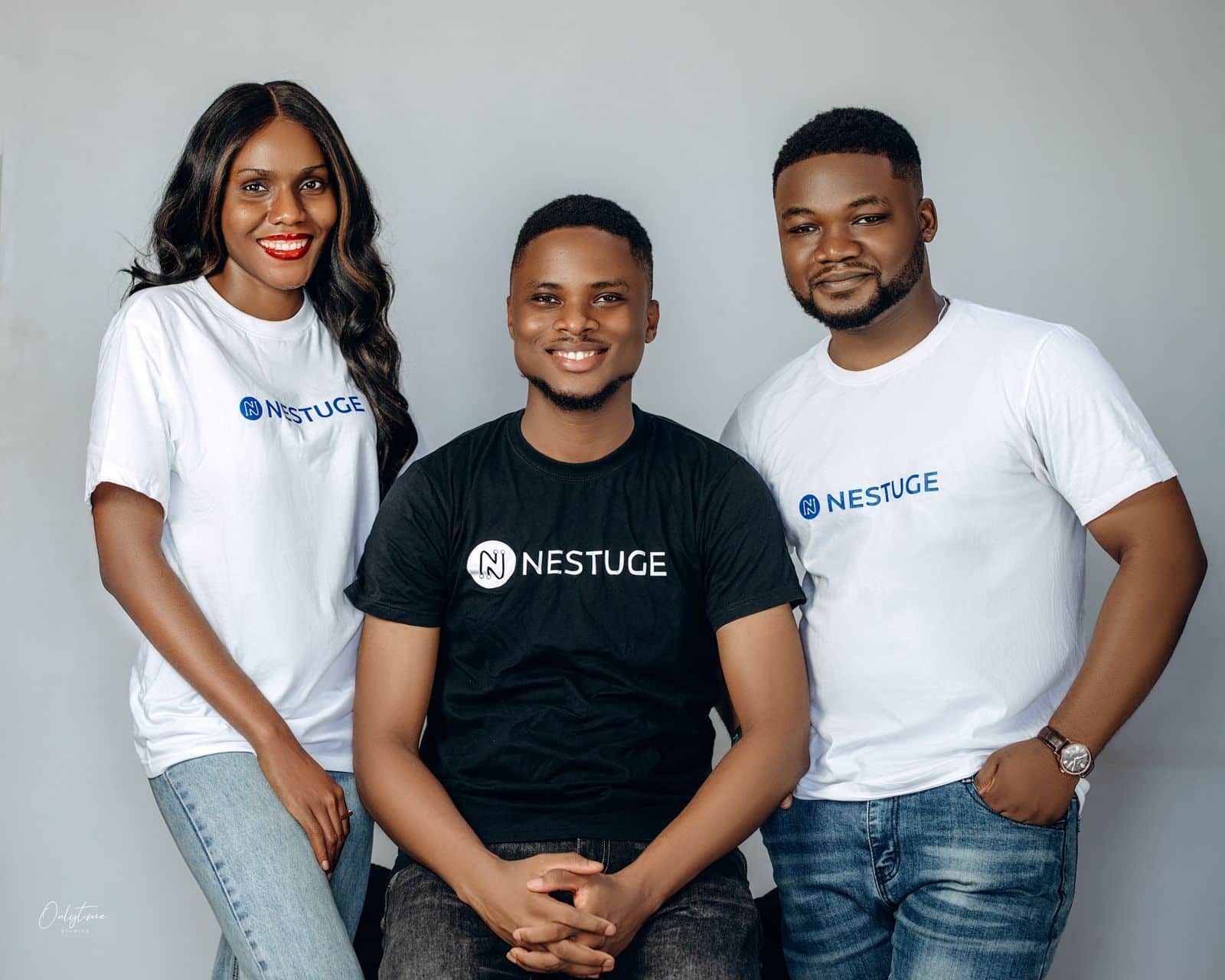The past few years have been interesting for SMEs in major African countries. E-commerce companies have popped up, making previously challenging service delivery easy to accomplish, even without physical meetings.
Prudence*, a civil servant who runs a business on the side selling soft drinks in bulk, used to deliver packages to customers with her car. However, this delivery model was unsustainable and she needed an extra hand.
Following a recommendation, she got a tricycle rider to handle dispatches to customers at rates less than what logistics companies would typically charge. But not long after, he went off the radar with goods for delivery. Prudence counted her losses and went in search of another dispatch rider.
Prudence’s story — a true one, I should add — is only a simple example of what can go wrong in a business partnership. A study shows that 70% of business partnerships fail and 90% of startups ultimately fail in the first 10 years mainly because of bad partnerships.
Despite their role in startup failure, partnerships are crucial to the running of a business — all the more so when the business is a startup — because these relationships help companies have a robust offering and improve their service delivery.
African tech angel investor, Zachariah George, believes that “it is actually hard for startups in Africa to scale without entering partnerships, especially with corporates.”
A major telemedicine startup, for instance, would have to partner with a network of doctors and pharmacies whose poor performances could negatively impact the startup.
Is partnership a necessary evil?

George is the Managing Partner at early-stage venture capital firm, Launch Africa Ventures, and the Co-founder and Chief Investment Officer of StartupBootcamp Africa — an accelerator. His viewpoint about creating value for portfolio startups is that connecting startups with relevant industry players is more important than raising funds for them.
Explaining the important role that partnerships play in a startup’s growth to Techpoint Africa, he makes it clear that entering a business relationship is more important than raising funds, and partnership decisions should be made early in a startup’s lifecycle.
“The reality is that anyone can raise money, and raising money doesn’t make you more valuable. You need to be able to execute on your business irrespective of whether you’re a B2B or B2C. Ultimately, you need to be able to generate revenue.”
Since raising money is easy, startups can only position themselves as valuable without the funds by showing potential for commercial traction. A startup with strategic agreements in place to address customer acquisition, for instance, has more potential when promising recurring revenue to an investor.
“As a world-class accelerator, our first point of call is how we can help startups to begin generating revenue. We need to ensure that they can sign contracts, do proof of concepts, carry out pilots, commercial agreements and licence deals with insurance companies, telcos, retailer banks, and manufacturing firms.
“That’s how you can create value. And if you can justify that contract is in place, then you can go to investors to say ‘I have a proof of concept with this insurer or bank, now I can raise money and I know the cost of delivering on this contract.’”
In other words, partnerships are meant to add value.
Nigerian healthtech startup, WellaHealth, has a network of over 1,400 pharmacies. And according to Olanrewaju Akintobi, WellaHealth’s Business Development Manager, “partnership is a key means to grow and also extend value to the last mile. We have seen tremendous value dissemination in terms of symbiotic partnership across board.”
But it’s easier said than done.
In considering a partnership, Omoniyi Kolade, Founder of pan-African payments startup, SeerBit, says the brand has to go through a rigorous partner selection process.
“It is imperative to find agreement terms that are favourable and within the business’s capacity to commit/deliver, to ensure customer satisfaction, and also avoid reputational damage in the market.”
Avoiding subtle traps

Staying safe in startup-partnership waters means answering some questions.
How does one make the best choice when considering a partnership? Which partnerships are likely to be productive?
Whatever answers they provide, Kolade and Akintobi agree that partnerships must be based on aligned values.
A good example is a business owner whose elaborate long-term plans are far removed from a prospective partner’s short-term financial goals.
According to Kolade, SeerBit has gotten it right since launching in 2019, with no tales of woe because the business looks out for “reputable partners that are strategically aligned with our vision, strategic needs, and interests.”
This means partners must be interested in SeerBit’s mission to solve the problem of fragmented payment in Africa.
He adds that a partner must be armed with the infrastructural capability and experience to meet the terms of the agreement.
Akintobi holds similar views and says, “Our partners are registered businesses, our pharmacy partners are registered with PCN. While our distribution partners are registered companies who share our beliefs and values.”
Apart from mutual interest and credibility, other partnership issues include financial agreement and quality of service.
Successful partnerships are the result of all parties pulling their weight, and if one party makes a greater financial commitment than the other, the relationship might be heading for the rocks. Unless, of course, that is one of the terms of the partnership agreement.
Cases where one partner wants to be paid back for unquantifiable efforts — like sweat equity — present problems, especially in short-term agreements, since there will be no compensation if there are no profits. This does not always have to be an issue if the contract clearly articulates how to measure the sweat equity.
Some contracts have an exclusivity clause restricting startups from entering other partnerships for the duration of the contract. George’s take on this is that staying away from partnerships requiring exclusivity is a healthy move for startups. But he advises that where necessary, it should range between six and twelve months.
As Kolade points out, when potential partners tick all the right boxes, presenting vague agreement terms is still a huge red flag. If the agreement is not flexible and transparent — profit sharing formula also — it is a shady deal.
In the search of partners

George’s years of experience connecting startups to the right partners in startup-corporate partnerships have helped him develop an approach that works.
“It is more like reverse engineering. Instead of startups pitching to the corporate sector, we look for problems that startups can help them solve. We consider what the corporate sector struggles with and then we find a way for a startup to solve the problem.”
Paying attention to the mutual benefits is key, but Kolade posits that “partnerships can also be experiments in which you learn and tweak partnership strategies. There are no hard and fast rules on what kind of partnerships businesses like ours can pursue.”
For context, as a payments processing platform — with typical partners like banks, payment switches, and card schemes such as Visa and Mastercard — SeerBit looks to partner with non-financial businesses serving the same market.
WellaHealth on the other hand, as a healthtech startup, can find partnerships with a mobility company or a payments company, or vice versa. Ultimately, as Akintobi states, partners must be “keen on improving healthcare outcomes in Africa and drive products to the last mile while giving value to their offerings.”
To avoid sad partnership stories, parties must enter into their relationships with a great degree of trust for each other, which can only result from honesty on both sides. While businesses may never be able to predict how partners will eventually conduct themselves, bad outcomes can be mitigated with the ‘due diligence’ this piece clearly outlines.











